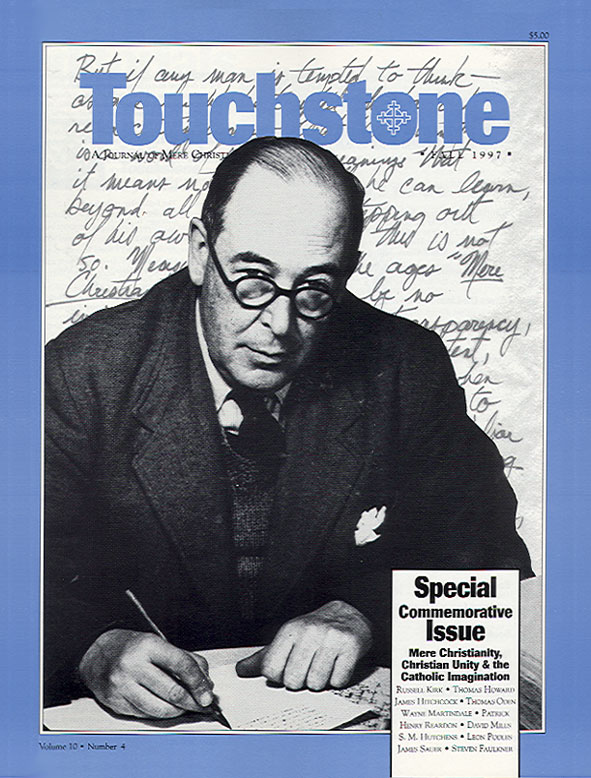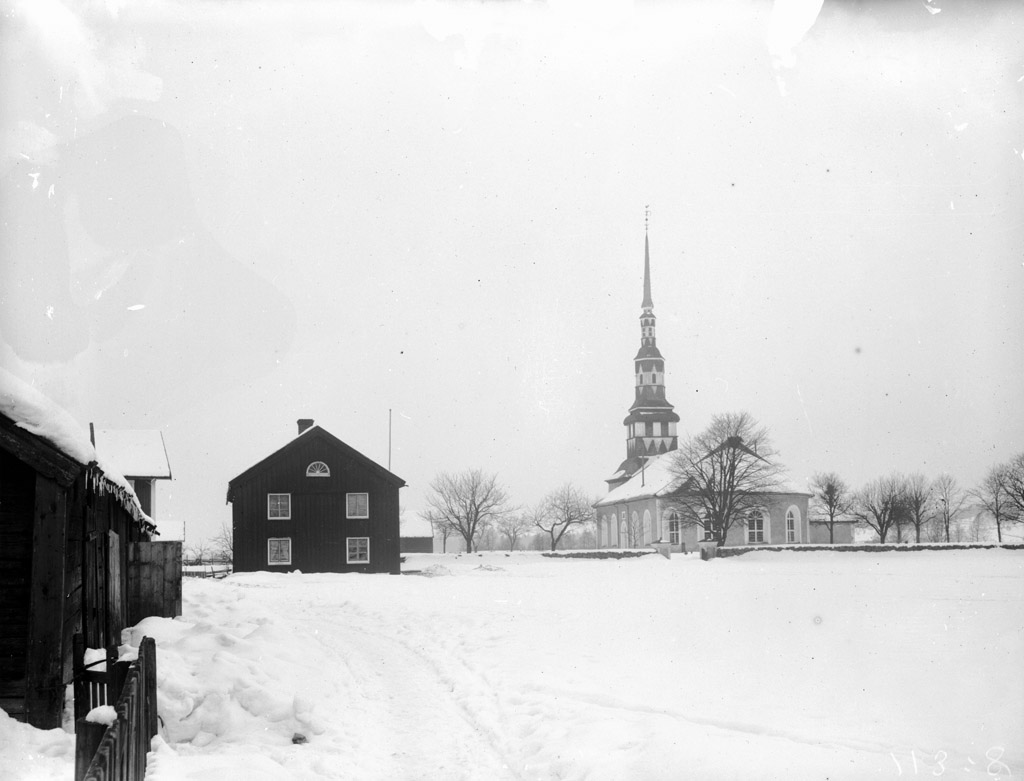Turning Hearts to the Fathers Part II
Excerpt From A Conversation with Thomas C. Oden
by
Orthodoxy is a term that emerges out of the history of Christianity. It is distinguished from heresy in that any heretical view is other than that which has been received in the apostolic Tradition. Orthodoxy is that exegesis of the texts of the apostolic Tradition (that is the New Testament itself) that has been generally received by the widest circle of Christians, East and West. Those who argue for “ecumenical orthodoxy” cannot argue it either from the side of the East or the West. You have to argue it from the side of synods and writers in the East that were received in the West and synods and writers in the West that were received in the East—those consensual Christian writers and those councils and synods that were widely received ecumenically. Take the Second Council of Orange, for example: it was a regional council but it became very widely received as a statement of the relation of sin, grace, and freedom.
It is this set of documents—those texts both of the conciliar process and of specific theologians that were reflecting the conciliar process—that are the ones that best represent the orthodox Tradition. So, we are not without a means of scientifically studying the orthodox Tradition. In other words, we can inquire into it as a literary corpus. We have texts to study and there’s no mystery about what those texts are. Generally speaking, they are the seven ecumenical councils, they are those regional synods that have interpretively followed from the seven ecumenical councils, and they are eight theologians that the Tradition has frequently named as most accurately stating the mind of the believing Church, four of the East that are received in the West and four of the West that are received in the East; Athanasius, Basil, John Chrysostom, and Gregory Nazianzen in the East and Jerome, Ambrose, Augustine, and Gregory the Great in the West. Anybody who knows the conciliar Tradition knows that when you go to those theologians you get a fairly accurate reading of what the consensus was. Not an absolute one hundred percent accurate reading because even as good as those theologians were they sometimes missed the mark, but basically they’re extremely reliable interpreters of the consensus. So, what I mean by ecumenical recovery is not the recovery of modern ecumenism or the bureaucratic contemporary-liberal form of ecumenism, but it is the recovery of ancient ecumenism as it is manifested in those texts. My theological inquiry is a highly textual concern. When I work with students, I work essentially with those texts and we try to understand what those texts say.
THIS ARTICLE ONLY AVAILABLE TO SUBSCRIBERS.
FOR QUICK ACCESS:
subscription options
Order
Print/Online Subscription

Get six issues (one year) of Touchstone PLUS full online access including pdf downloads for only $39.95. That's only $3.34 per month!
Order
Online Only
Subscription

Get a one-year full-access subscription to the Touchstone online archives for only $19.95. That's only $1.66 per month!
bulk subscriptions
Order Touchstone subscriptions in bulk and save $10 per sub! Each subscription includes 6 issues of Touchstone plus full online access to touchstonemag.com—including archives, videos, and pdf downloads of recent issues for only $29.95 each! Great for churches or study groups.
Transactions will be processed on a secure server.
more from the online archives
calling all readers
Please Donate
"There are magazines worth reading but few worth saving . . . Touchstone is just such a magazine."
—Alice von Hildebrand
"Here we do not concede one square millimeter of territory to falsehood, folly, contemporary sentimentality, or fashion. We speak the truth, and let God be our judge. . . . Touchstone is the one committedly Christian conservative journal."
—Anthony Esolen, Touchstone senior editor










